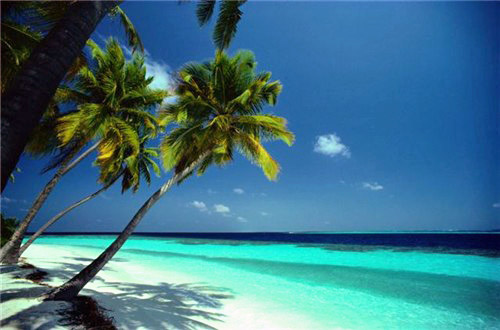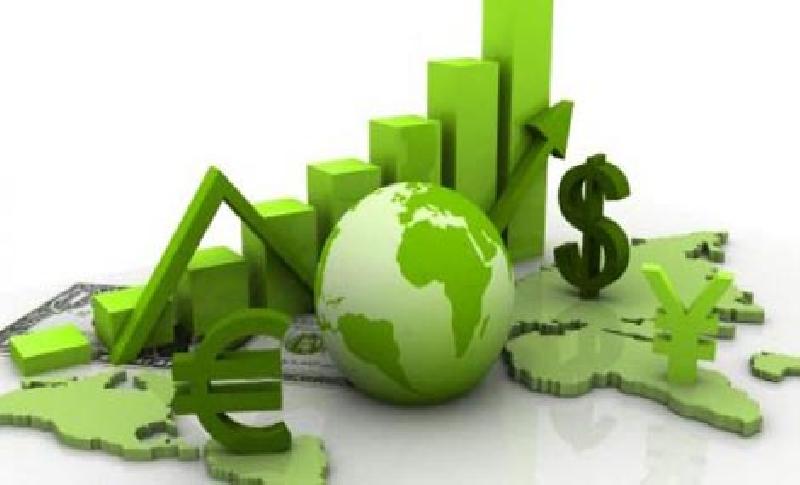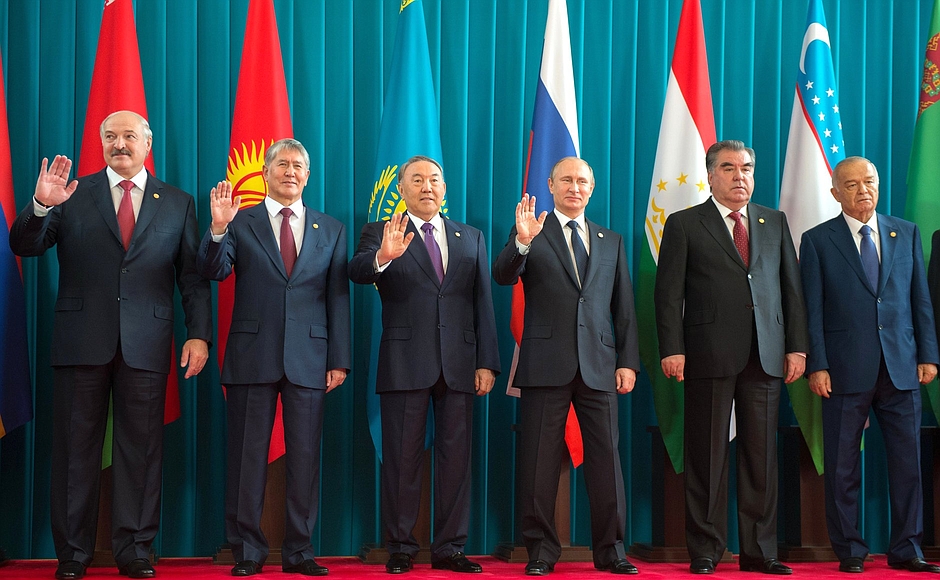Souvenir Sheet: 50th Anniversary of Diplomatic Relations with Japan (Maldives 2017)
50th Anniversary of Diplomatic Relations with Japan (Maldives 2017)
01 January (Maldives ) within release 50th Anniversary of Diplomatic Relations with Japan goes into circulation Souvenir Sheet 50th Anniversary of Diplomatic Relations with Japan face value 120 Maldivian rufiyaa
| Souvenir Sheet 50th Anniversary of Diplomatic Relations with Japan in catalogues | |
|---|---|
| Colnect codes: | Col: MV 2017-51 |
Souvenir Sheet is square format.
Legitimate issue produced for local use in the MaldivesSouvenir Sheet 50th Anniversary of Diplomatic Relations with Japan it reflects the thematic directions:
Architecture (Latin architectura, from the Greek ἀρχιτέκτων arkhitekton "architect", from ἀρχι- "chief" and τέκτων "builder") is both the process and the product of planning, designing, and constructing buildings and other physical structures. Architectural works, in the material form of buildings, are often perceived as cultural symbols and as works of art. Historical civilizations are often identified with their surviving architectural achievements.
A beach is a landform alongside a body of water which consists of loose particles. The particles composing a beach are typically made from rock, such as sand, gravel, shingle, pebbles, etc., or biological sources, such as mollusc shells or coralline algae. Sediments settle in different densities and structures, depending on the local wave action and weather, creating different textures, colors and gradients or layers of material.
Diplomacy is the main instrument of foreign policy which represents the broader goals and strategies that guide a state's interactions with the rest of the world. International treaties, agreements, alliances, and other manifestations of international relations are usually the result of diplomatic negotiation and processes. Diplomats may also help shape a state by advising government officials.
An economy is an area of the production, distribution and trade, as well as consumption of goods and services. In general, it is defined as a social domain that emphasize the practices, discourses, and material expressions associated with the production, use, and management of resources. A given economy is a set of processes that involves its culture, values, education, technological evolution, history, social organization, political structure, legal systems, and natural resources as main factors. These factors give context, content, and set the conditions and parameters in which an economy functions. In other words, the economic domain is a social domain of interrelated human practices and transactions that does not stand alone.
A head of state (or chief of state) is the public persona that officially represents the national unity and legitimacy of a sovereign state. In some countries, the head of state is a ceremonial figurehead with limited or no executive power, while in others, the head of state is also the head of government. In countries with parliamentary governments, the head of state is typically a ceremonial figurehead that does not actually guide day-to-day government activities and may not be empowered to exercise any kind of secular political authority (e.g., Queen Elizabeth II as Head of the Commonwealth). In countries where the head of state is also the head of government, the president serves as both a public figurehead and the actual highest ranking political leader who oversees the executive branch (e.g., the President of the United States).





